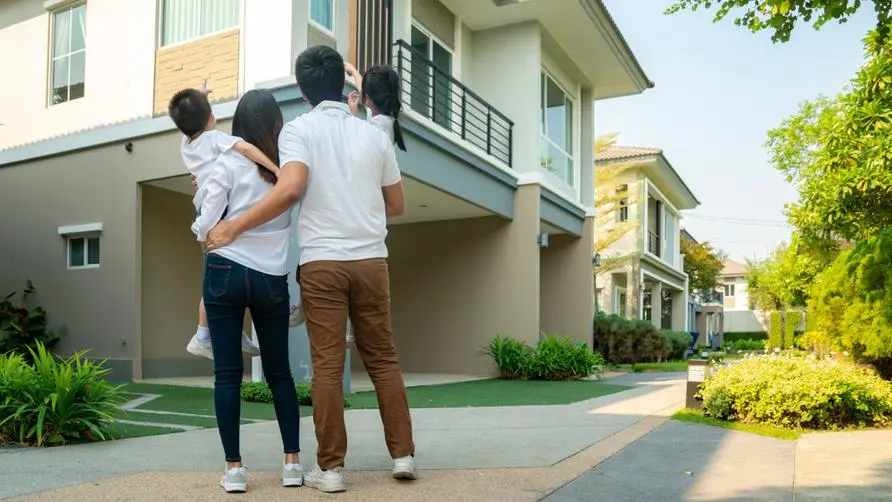Will your life be perfect after buying a house? Research: "Happiness" drops in less than half a year! Experts point out that "3 reasons" are the key

“Buying a house” is a goal that many people strive for, and it is also one of the “wish lists” of many young office workers. Buying a house seems to have become a symbol of life’s fulfillment and a major milestone. However, a recent study launched by the University of Basel in Germany shows that the “happiness” produced by owning a home is far lower than what ordinary people expect, and the positive impact on the lives of home buyers is not lasting.
Buying a house will make your life “complete with merit”? “Happiness” dropped significantly in less than half a year
Alois Stutzer and Dr. Reto Odermatt from the School of Business and Economics at the University of Basel published a study in the Journal of Happiness Studies, stating that the happiness generated by buying a house is not as high as expected. The research team extracted records from the German Socio-Economic Sector Questionnaire (GSOEP) to understand the emotional reactions of more than 800 future homeowners to buying a house.
The research team divided the subjects into two groups: “extrinsic value-oriented people” (Group 1) and “intrinsic value-oriented people” (Group 2), representing respectively those who focus on concepts such as money and success; and those who focus on family. , relatives, friends and other close relations. The prediction curve shows that even Group 1, which is mainly material-oriented, overestimates the happiness brought by buying a house. Their average subjective happiness is the highest from 0 to 4 months after buying a house, and from 5 to 12 months after buying a house. It gradually decreased after a few months.
Compared with Group 1, the happiness of Group 2 increased slightly after 5-12 months, but was still generally lower than that of Group 1. Dr. Stutzer believes that the results of this study indicate a phenomenon: that is, people do not necessarily follow their own preferences when making decisions, but often the preferences of the “outside world.” Examples include socialization, parental opinions, or values conveyed in social media.
Are cars and houses overvalued? Study author: Most people are kidnapped by “social values”
In addition, based on the research results, Dr. Odermatt also pointed out that from an economic perspective, consumers are usually assumed to have absolute sovereignty. In other words, consumers will decide whether to make a purchase based on the quality, price and other factors of the product. However, this study shows that people are more likely to miscalculate the happiness factor of a decision, making it difficult to obtain the best benefit.
To prevent happiness from being overestimated, Odermatt said the public should carefully examine their own values, especially before making major decisions. “The value of material items such as cars and houses is often overestimated and often leads to wrong predictions because most people are easily kidnapped by “social values.” Therefore, intrinsic value seems to be more important than extrinsic value in finding happiness in life. compass.
The annual maintenance cost is NT$200,000 more! Experts reveal 3 reasons why Millennials don’t buy houses
Stutzer emphasized that in addition to misvaluation of material values, owning a home is out of reach for many young millennials. According to the U.S. Census Bureau, about one-third of Millennials (those under the age of 35) owned a home as of the end of 2018, compared with postwar Baby Boomers and Gen The rate dropped by about 8-9%.
Maintaining a home can also be expensive and time-consuming. Homeowners may have to spend less time and money on vacations, entertainment or dining out. “Owning a home often means giving up material comforts.”
Stutzer believes that a 2019 survey found that the biggest complaint among millennial homeowners was underestimating the “hidden costs” of owning a home. In addition to the down payment and mortgage costs, homeowners must also prepare for home repairs and basic maintenance. A 2018 survey found that homeowners spend an average of an additional US$6,649 per year on home improvement projects, equivalent to nearly NT$200,000.
“If buying a house means that you have to work longer hours and lose time with friends and family, which may lead to a decrease in the quality of life. Then the happiness generated by buying a house may not be as expected.” Stutzer said.
source:
Home ownership leads to less happiness than expected, study finds
Further reading:





